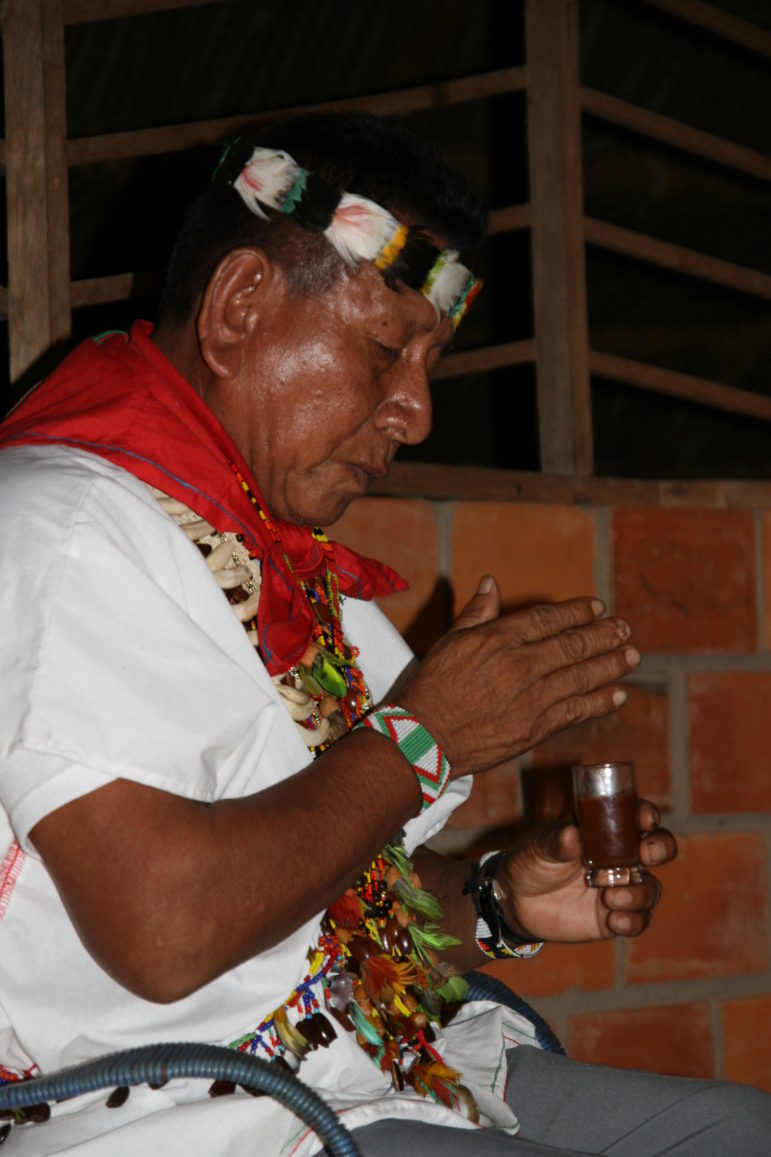GENEVA – The member states of the World Intellectual Property Organization (WIPO) have adopted a historic treaty extending intellectual property protection to traditional and Indigenous knowledge. The treaty will require that patent applications disclose the Indigenous Peoples or the local community that provided the traditional knowledge. The treaty targets “biopiracy,” the misappropriation of genetic resources (GR) and traditional knowledge (TK) from Indigenous Peoples and local communities, often in developing countries. The treaty was finalized on Friday, May 24, 2024, by the organization and become effective once 15 eligible member nations ratify it.
The WIPO is a specialized agency of the United Nations and plays a key role in plays a pivotal role in the global intellectual property (IP) ecosystem, supporting the development and enforcement of IP rights, fostering innovation, and facilitating international cooperation. Established in 1967 and headquartered in Geneva, Switzerland, WIPO has 193 member states and plays a crucial role in shaping international IP law and policy. The organization is supervised by member states through the General Assembly and various standing committees. These bodies set WIPO’s strategic direction, approve budgets, and oversee the organization’s activities.

United Nations Flag
One of WIPOs critical functions is to maintain extensive databases of IP information, including patents, trademarks, and industrial designs. These resources are accessible to the public and help in research and innovation.
Biopiracy occurs when researchers or companies acquire GR or TK, use it to develop commercial products like medicines, and obtain patents without adequately compensating or obtaining permission from the original holders of the TK/GR.
Biopiracy has been a staple of colonists, commoditizing Indigenous knowledge for profit and denying traditional communities any compensation.
Among the examples of biopiracy are the use of hoodia a succulent plant used by the San people of Southern Africa to suppress appetite during long hunts and Ayahuasca a hallucinogenic plant mixture used by Indigenous tribes in the Amazon for spiritual and healing practices. Hoodia has been marketed for weight loss and ayahuasca was famously patented by American Loren Miller in 1986, renaming it “Da Vine” and claiming he “discovered” it and its possible use in medical treatments.

Curandero bendiciendo la ayahuasca (healer blessing the ayahuasca) – Image credit: François Delonnay/Archivo Centro Takiwasi – Takiwasi, CC BY-SA 4.0, https://commons.wikimedia.org/w/index.php?curid=113515279
In 1992, the UN Convention on Biological Diversity (CBD) established that states have sovereign rights over their genetic resources and that access to these resources should be subject to prior informed consent and equitable benefit-sharing. The new treaty enhances that convention. The new WIPO agreement aims to enhance transparency by requiring patent applicants to disclose the country of origin of any genetic resources and the Indigenous Peoples or local community that provided any associated traditional knowledge. The disclosure requirement is triggered when a claimed invention is based on genetic resources or traditional knowledge.
Negotiations for the current treaty began in 2001, initiated two years earlier by Colombia, which highlighted the nation’s inclusion of Indigenous Peoples in the patent process.
The centerpiece provision of the new treaty is that each nation (or supranational bodies like the EU) must require patent applicants to disclose when their inventions are based on Indigenous knowledge or genetic resources derived from Indigenous or traditional knowledge. The treaty will require companies in industries such as fashion, luxury goods, and pharmaceuticals to specify the origin of plant-based chemicals used in their medicines or skin creams.
The treaty does not tackle the more complex issue of compensation to Indigenous communities for their historical — even ancient — expertise regarding things like tropical plants.
However, the new accord is seen as an important initial international step. It mandates that patent applicants, including foreign entrepreneurs and international companies, specify where they obtained the ideas for the components of their products.
Guilherme de Aguiar Patriota, Brazil’s Permanent Representative to the World Trade Organization and president of the Diplomatic Conference adopting the treaty said it “constitutes the best possible compromise and a carefully calibrated solution, which seeks to bridge and to balance a variety of interests, some very passionately held and assiduously expressed and defended over the course of decades.”
“Today we made history in many ways. This is not just the first new WIPO Treaty in over a decade but also the first one that deals with genetic resources and traditional knowledge held by Indigenous Peoples as well as local communities,” said Daren Tang, the agency’s Director-General.
“Through this, we are showing that the IP system can continue to incentivize innovation while evolving in a more inclusive way, responding to the needs of all countries and their communities.”
The Wild Hunt is not responsible for links to external content.
To join a conversation on this post:
Visit our The Wild Hunt subreddit! Point your favorite browser to https://www.reddit.com/r/The_Wild_Hunt_News/, then click “JOIN”. Make sure to click the bell, too, to be notified of new articles posted to our subreddit.